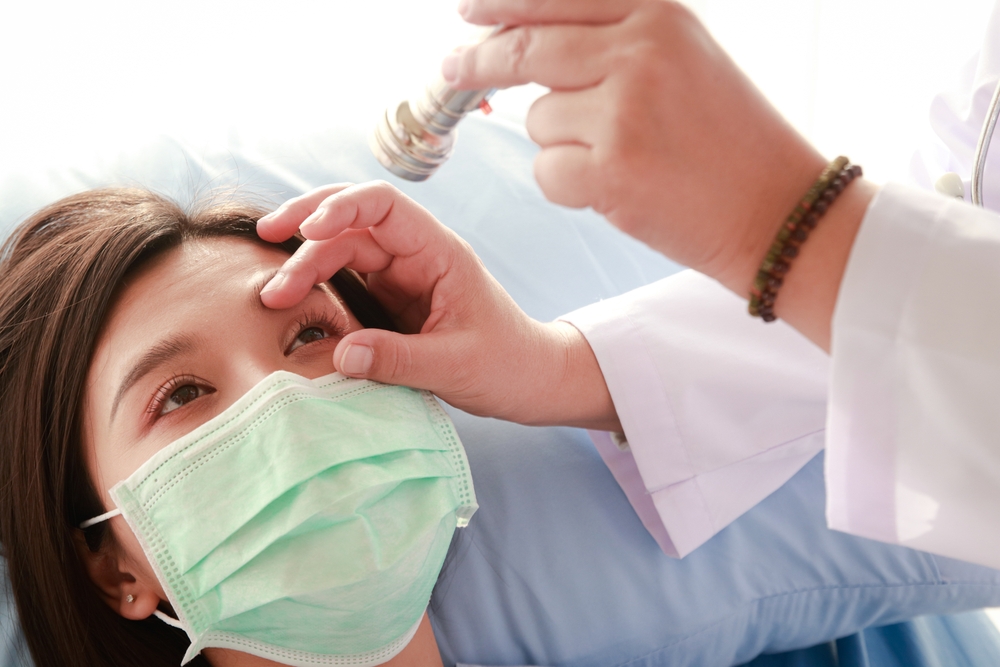
Retinal diseases can lead to vision loss if not treated in time. The retina helps us see by sending visual signals to the brain. Knowing about common retinal diseases and treatments can help people take action sooner. Quick action can potentially save their sight.
Age-Related Macular Degeneration (AMD)
Age-related macular degeneration (AMD) mostly affects the central part of vision. This disease has two main types: dry and wet. Dry AMD develops slowly, causing gradual central vision blurriness. Wet AMD is more severe and advances quickly. In wet AMD, abnormal blood vessels grow under the retina, sometimes leaking fluid or blood, which worsens vision fast.
Common AMD symptoms include:
Blurry central vision.
Trouble recognizing faces.
Needing more light for reading.
For dry AMD, doctors may suggest vitamins to slow it down. Treatments for wet AMD often include injections to protect vision and reduce symptoms.
Diabetic Retinopathy
Diabetic retinopathy affects people with diabetes when high blood sugar harms blood vessels in the retina. It is a leading cause of vision loss in adults. It’s common among those with poorly maintained blood sugar levels. Symptoms of diabetic retinopathy may include dark spots, blurred vision, or difficulty seeing colors.
Retinal Detachment
Retinal detachment happens when the retina pulls away from its usual position, leading to a high risk of vision loss. People with eye injuries, past surgeries, or severe nearsightedness are more likely to experience it. Symptoms include sudden floaters, flashes of light, or a shadow across vision.
Immediate treatment is necessary for retinal detachment. Surgery is usually needed to reattach the retina. When treated quickly, there is a good chance of saving vision.
Retinitis Pigmentosa (RP)
Retinitis pigmentosa (RP) is a genetic disease that gradually affects the retina. This condition leads to tunnel vision. RP first impacts night vision and then reduces side vision over time. Common symptoms include trouble seeing in low light and losing peripheral vision.
While there is no cure for RP, certain treatments can help slow its progression.
Macular Hole
A macular hole is a small break in the macula, the part of the retina responsible for clear central vision. Macular holes often happen with aging or after an eye injury, leading to blurred or distorted central vision. Typical symptoms include central dark spots and trouble reading.
Surgery usually helps repair a macular hole. Most people see central vision improvement over time, although recovery varies.
Central Serous Retinopathy (CSR)
Central serous retinopathy (CSR) causes fluid to build up under the retina, leading to blurry central vision. CSR often affects people between 30 and 50 and can be linked to stress. Symptoms include a central blind spot, blurry vision, and dark spots.
CSR can often resolve on its own, but if it does not, laser therapy may help speed recovery.
Branch Retinal Vein Occlusion (BRVO)
Branch retinal vein occlusion (BRVO) occurs when a small vein in the retina is blocked. This condition can lead to sudden blurred or distorted vision in the affected eye. Symptoms include dark spots and blurred vision.
Treatments for BRVO include laser therapy or injections to reduce swelling and restore vision.
Preventing and Managing Retinal Diseases
Protecting your vision starts with regular eye exams, especially if you are over 50 or have diabetes. Lifestyle choices also matter: eating a balanced diet, exercising, and avoiding smoking can help support eye health.
Each disease may have a specific treatment approach. Some may improve with lifestyle changes or medication, while others need surgery.
For more on retinal diseases, visit Chan Eye Care. Our office is in Virginia Beach, Virginia. Call (757) 430-8800 to book an appointment today.
Sources:
https://www.mayoclinic.org/diseases-conditions/retinal-diseases/symptoms-causes/syc-20355825
https://www.healthline.com/health/eye-health/retinal-diseases







